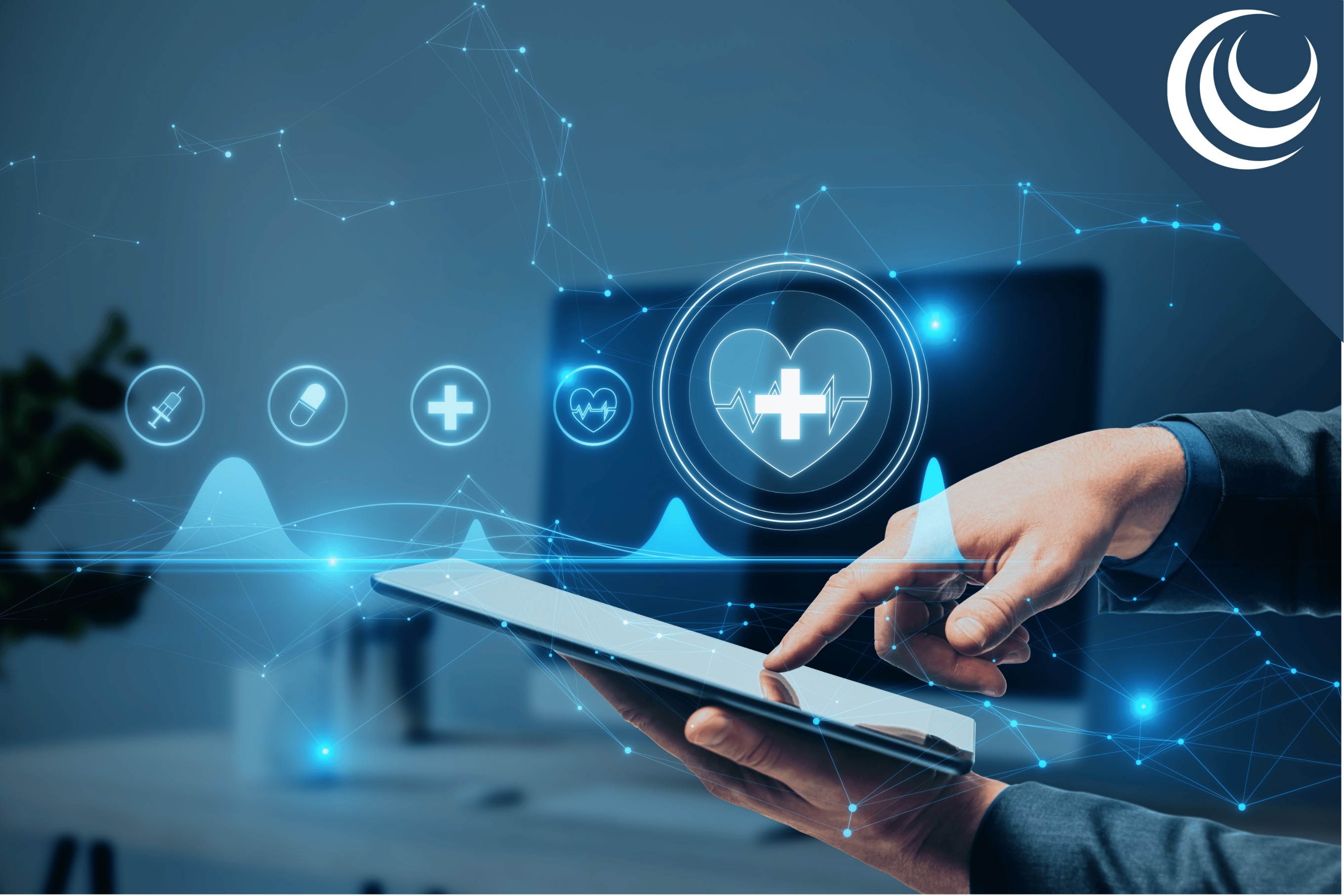
The healthcare sector is undergoing a significant transformation, driven by rapid advancements in technology. For students aspiring to enter this field, understanding and adapting to these new technologies is crucial for success. This guide aims to provide insights into the latest healthcare technologies and how students in the UK can prepare for a future in this dynamic sector.
Embracing the Digital Revolution in Healthcare
The shift towards digital health records and telehealth services is redefining patient care. For students, familiarizing themselves with electronic health records (EHR) systems and telehealth platforms is the first step towards proficiency in modern healthcare delivery.
The Role of Artificial Intelligence
AI's impact on diagnostics, patient care, and personalized medicine offers exciting prospects. Students should seek opportunities to learn about AI applications in healthcare, from automated imaging analysis to predictive analytics for patient outcomes.
Healthcare Informatics
The ability to analyze and manage health data is becoming increasingly important. Courses and certifications in healthcare informatics can equip students with the skills needed to make informed decisions and improve patient care.
Wearable Technology in Healthcare
Wearables are revolutionizing patient monitoring and engagement. Understanding the potential of these devices for remote health monitoring and patient data collection is essential for future healthcare professionals.
The Future of Robotics in Surgery
Robotic surgery is setting new standards for precision and recovery times. Aspiring healthcare professionals should familiarize themselves with the latest developments and training requirements in this field.
Blockchain in Healthcare
Blockchain technology promises to enhance data security and streamline healthcare processes. Knowledge of blockchain applications in healthcare can give students an edge in the evolving healthcare landscape.
Virtual Reality and Augmented Reality
VR and AR are transforming medical training and patient care. Engaging with these technologies can provide students with unique insights into complex medical procedures and patient interactions.
Preparing for a Tech-Driven Healthcare Future
Adapting to new technologies requires a commitment to continuous learning and skill development. Students should embrace opportunities for hands-on experience with emerging technologies and seek out interdisciplinary learning experiences that blend technology with patient care.
Conclusion
The adoption of new technologies in healthcare presents both challenges and opportunities for students. By staying informed and actively engaging with these advancements, students can position themselves at the forefront of a tech-driven healthcare future.